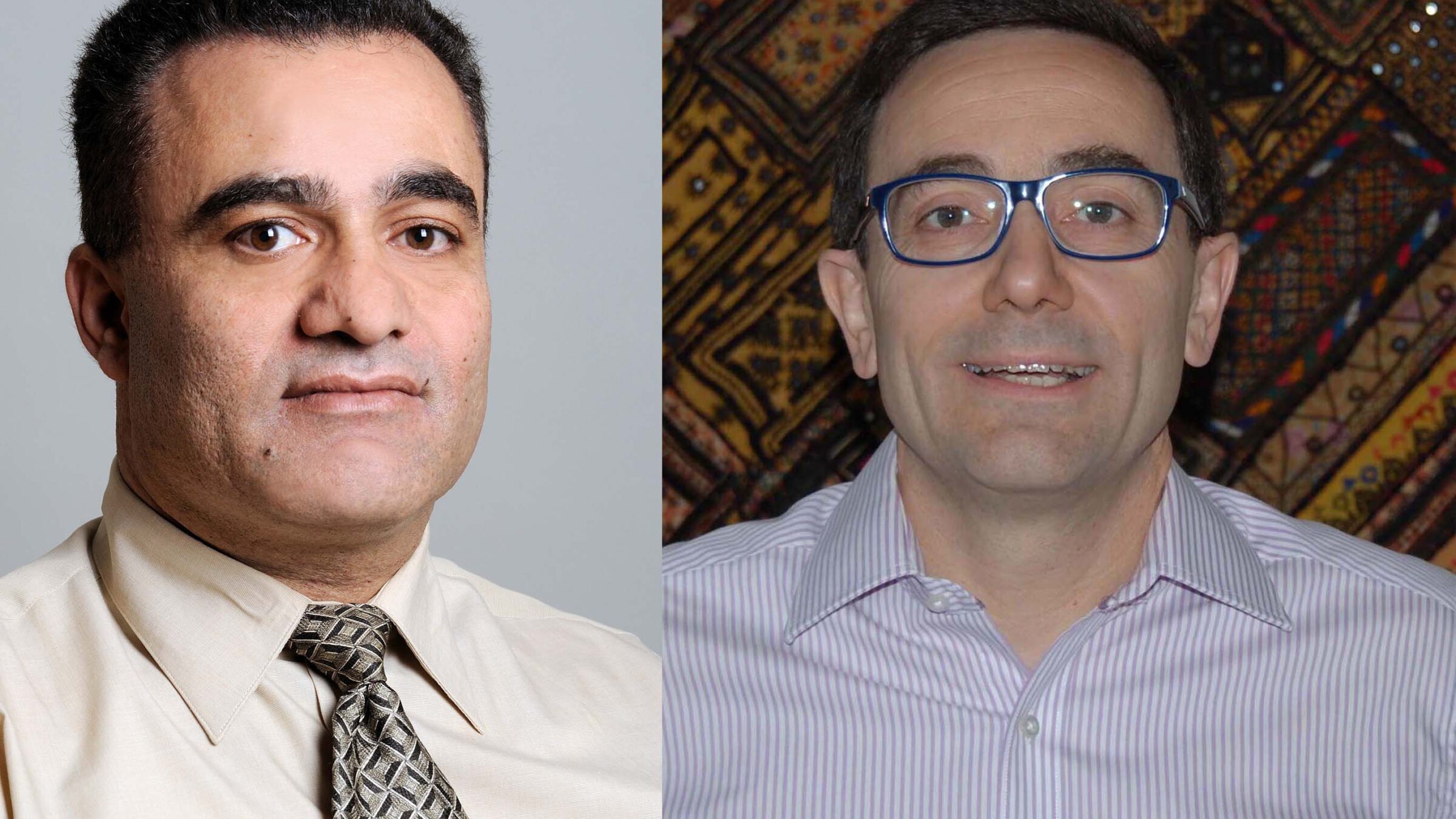- Academics
- Admissions & Enrollment Services
- Research
- Academic & Creative Spaces
- Strategic Partnerships
- Our Impact
- Student Affairs
- Campus & Community
Admissions for Fall 2025 now open

VCUQatar’s research project ‘Mechanically Strong Aerogels with Custom Shapes’, has been awarded an $881,000 National Priorities Research Program (NPRP) grant by the Qatar National Research Fund (QNRF).
The three-year project aims to develop cost-effective up-scalable fabrication methodology yielding mechanically robust aerogels with custom shapes.
Aerogels are good thermal insulators because they almost nullify two of the three methods of heat transfer (convection, conduction, and radiation) since they are composed almost entirely of air, and air is very poor heat conductor. “So these aerogels can be used for thermal insulation and passive fire protection of structural elements in buildings, insulation of selected parts of internal combustion engines, and in the manufacture of lightweight footwear for extreme cold conditions like climbing expeditions,” says Dr. Khaled Saoud, assistant professor of physics, Liberal Arts & Sciences Department at VCUQatar, who co-leads the project. “Due to extreme temperatures in this country, developing new cost effective thermal insulation materials is vital for Qatar and also the Middle East. This project will lead to applications in many fields, immediate use of which in Qatar includes insulation of buildings and houses. Also new thermal insulation materials would reduce energy consumption and provide comfort and protection from fire.”
Aerogels are ultra-light, highly porous and highly thermally insulating materials. Because of their unique combination of properties, aerogels are being considered for applications as varied as thermal and sound insulation for the aerospace industry, as absorbents for environmental remediation and as catalyst supports. However, aerogels are also mechanically fragile and their use has been limited to niche applications such as thermal insulation for the Mars Rovers, as collectors of space and comet dust and as Cerenkov detectors.
Dr. Saoud and Dr. Massimo Bertino, associate professor of physics, College of Humanities and Sciences, VCU Richmond, co-lead on the project, have been developing strong and highly thermal insulating materials using alternative fabrication methods. These have enabled production of mechanically strong custom parts which are made by reinforcing the regions of highest solicitation with a polymer. Recently, their group demonstrated that cross-linked aerogel composites can be produced by photopolymerization. These composites produced with their photopolymerization technique are ideal for applications since they allow to reinforce only the regions of aerogels that are most subject to mechanical stress.
Worldwide, there are about 20 companies that produce or use aerogels. Of these, 60% are US-based, 20% are in Europe and 20% in China. “To our knowledge, only one producer exists that reports ability of producing custom shapes (Shaoxing Nanuo High Tech, Shaoxing, China). The aerogels produced by this company, however, are mechanically weak and doubts remain regarding their viability as mechanical components,” says Dr. Bertino. No data is available on mechanically strong aerogels, even though it is rumored that Aspen Aerogels is starting developing materials based on a NASA patent originally developed by N. Leventis. “Even then, Leventis’ original aerogels are not as good thermal insulators as the locally reinforced aerogels proposed here,” adds Dr. Bertino.
“The ultimate goal of our research is to bring our photo-cross-linking technology to the market. To attain this goal we will research and develop low-cost approaches for the production of photo-cross-linkable aerogels with custom shapes. We will fabricate proof-of-the-concept parts and make the fabrication procedure simple, cost-effective and upscalable.”
The project will be carried out in three phases with the following deliverables realized: Three proof-of-the-concept aerogel composites with custom shapes in Phase I; an upscalable production line capable of yielding two to 10 custom-shaped aerogels per day in Phase II; and cost analysis for the production of custom-shaped aerogels in Phase III. The project will be extended to other areas such as new composite materials for thermal insulation.
The results of this project will be then used to seek funds from institutional and private investors and start large-scale fabrication in Qatar. “In the long run, we intend to enable Qatar to become a major supplier of aerogel materials and aerogel custom parts for thermal insulation. This project could introduce a new area of commercializable technology to Qatar,” they add.
“I am very excited about receiving the grant and I can’t wait to start working on the project,” says Dr. Saoud. “We have been working on this for the past three years and I am confident that we will be able to produce these materials in Qatar. I would like to thank the leadership of Qatar and QNRF for giving us the opportunity to carry out this project and I am also thankful to VCUQatar Dean Allyson Vanstone and the faculty and staff for their endless support.”

